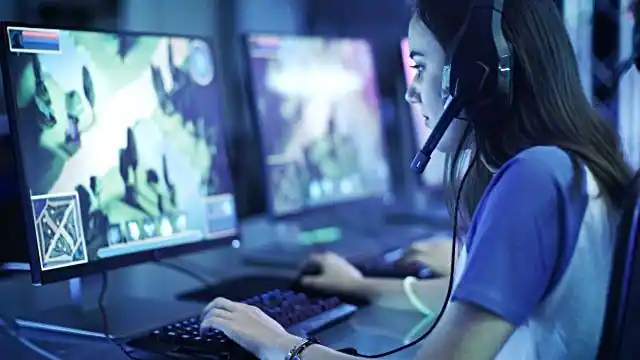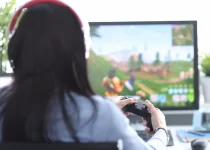Impact of Online Gaming on Cognitive Skills and Problem-Solving Abilities
Online gaming has grown significantly over the past few decades, transforming from a niche hobby into a global phenomenon that spans various age groups and cultures. This surge in popularity has led to a burgeoning interest in understanding its impact on cognitive skills and problem-solving abilities. Contrary to the often negative perception of gaming as a time-wasting activity, a growing body of research suggests that online gaming can have several positive effects on cognitive development and problem-solving skills. One of the primary cognitive benefits associated with online gaming is the enhancement of spatial skills. Many online games, especially action and strategy games require players to navigate complex environments, often under time constraints. This constant engagement with spatial navigation and visualization tasks can improve a player’s ability to mentally rotate objects, understand spatial relationships, and navigate in real-world settings. Studies have shown that gamers often outperform non-gamers in tasks requiring spatial awareness and spatial memory, skills that are crucial in fields such as engineering, architecture, and even everyday activities like driving.

Furthermore, online gaming is known to enhance memory and attention. Many games require players to remember intricate details about characters, maps, and objectives, which can bolster both short-term and long-term memory. The fast-paced nature of many games also demands sustained attention and quick reflexes, fostering an ability to concentrate intensely on tasks. This heightened level of attention and improved memory can translate into better academic performance and efficiency in various professional tasks. Problem-solving is another critical area where online gaming has a substantial impact. Many games are built around complex problems that players must solve to advance. These problems often require strategic planning, resource management, and adaptive thinking. Role-playing games RPGs and puzzle games, in particular, demand a high level of problem-solving skill, as players must develop strategies, make quick decisions, and adapt to new challenges as they arise. This constant engagement with problem-solving scenarios helps players develop critical thinking skills and enhances their ability to approach real-world problems with a more analytical and strategic mindset.
Moreover, online gaming often involves collaborative play, which can improve social and communication skills. Multiplayer ug8 games require players to work together, often necessitating clear communication, teamwork, and leadership. These interactions can enhance a player’s ability to work effectively in teams, a skill highly valued in both educational and professional settings. Additionally, the social aspect of gaming can help players develop a sense of community and improve their ability to build and maintain relationships. Despite these positive outcomes, it is essential to recognize the potential drawbacks of online gaming. Excessive gaming can lead to negative consequences such as addiction, social isolation, and a sedentary lifestyle, which can detract from the cognitive and problem-solving benefits. Therefore, moderation and a balanced approach to gaming are crucial. By providing immersive and challenging environments, online games can foster critical thinking and strategic planning skills. As our understanding of the cognitive impacts of gaming continues to evolve, it becomes increasingly clear that online gaming, when balanced with other activities, can be a valuable tool for cognitive and social development.

